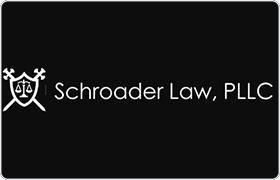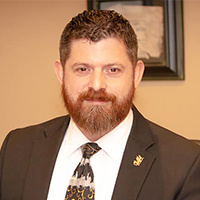La Grande Juvenile Law Lawyer, Washington
Sponsored Law Firm
-
 x
x

Click For More Info:
-
Schroader Law, PLLC
1105 Tacoma Ave S Tacoma, WA 98402» view mapCriminal Defense Exceptional Legal Service
Schroader Law, PLLC offers superior service from start to finish. Attorney Schroader is a knowledgeable lawyer offering comprehensive legal advice with realistic expectations.
800-916-9671
Cristine Beckwith
✓ VERIFIEDCriminal, Misdemeanor, DUI-DWI, Felony, Juvenile Law
We focus on criminal defense, domestic violence, DUI, and Juvenile Law
Cristine Beckwith is the owner of Beckwith Law. She is exceptionally qualified to provide strong representation to clients facing a wide range of crim... (more)
Brittney Ann Stephens
Criminal, Constitutional Law, Family Law, Juvenile Law
Status: In Good Standing Licensed: 9 Years
Dorry Ann Leilani Peterson
Litigation, Family Law, Juvenile Law, Criminal
Status: In Good Standing Licensed: 23 Years
Douglas N Woods
Juvenile Law, Traffic, Criminal, Business
Status: In Good Standing Licensed: 21 Years
Alan Jeffrey Willoughby
Juvenile Law, Dispute Resolution, Election & Political, Labor Legislation
Status: Inactive Licensed: 31 Years
Blythe Elisabeth Phillips
Juvenile Law, Estate Planning, Family Law, Criminal
Status: In Good Standing Licensed: 26 Years
Megan Collard
Criminal, Juvenile Law, Indians & Native Populations
Status: In Good Standing Licensed: 10 Years
Megan Collard
Criminal, Juvenile Law, Indians & Native Populations
Status: In Good Standing Licensed: 10 Years
Veronique Cantrell-avloes
Juvenile Law, Other, Family Law, Criminal
Status: In Good Standing Licensed: 20 Years
 Dennis Schroader Tacoma, WA
Dennis Schroader Tacoma, WA Practice AreasExpertise
Practice AreasExpertise

